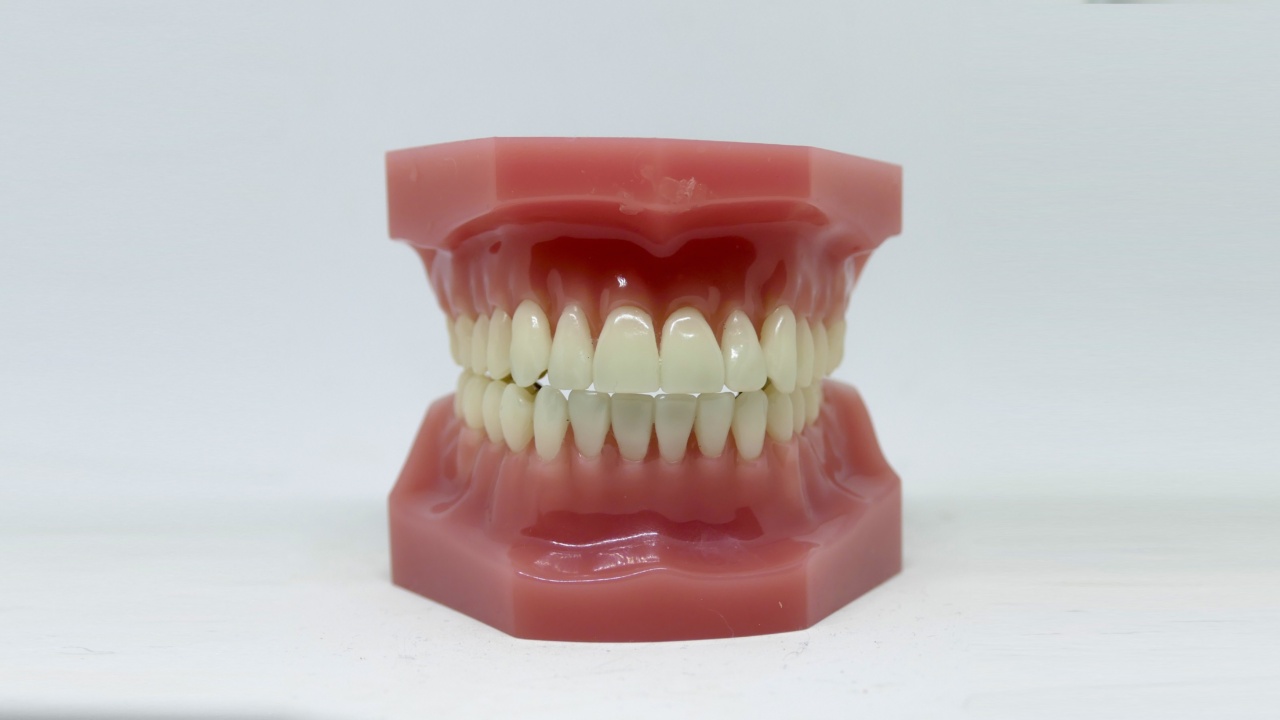When it comes to maintaining good oral health, it’s no secret that brushing and flossing are essential. However, there is another important factor that often goes overlooked – the impact of the foods we consume on our tooth enamel.
Acidic foods, in particular, can have detrimental effects on the enamel, the protective outer layer of the tooth. In this article, we will explore the effects of acidic foods on tooth enamel and provide tips on how to protect and preserve it.
Understanding Tooth Enamel
To fully comprehend the effects of acidic foods on tooth enamel, it is crucial to understand the composition and function of enamel.
Enamel is the hardest substance in the human body and serves as a protective shield for the underlying dentin and pulp of the tooth. It is composed mainly of minerals, primarily hydroxyapatite, which provides strength and structure to the teeth.
The Importance of pH in Dental Health
The pH scale is a measurement of acidity or alkalinity, ranging from 0 to 14. A pH below 7 indicates acidity, while a pH above 7 indicates alkalinity. The ideal pH for dental health is slightly alkaline, around 7.2 to 7.6.
Acidic Foods and Beverages
Many common foods and drinks we consume regularly are acidic. Some of the most acidic foods include citrus fruits, tomatoes, vinegar-based dressings, carbonated drinks, and certain types of alcoholic beverages.
Effects of Acidic Foods on Tooth Enamel
When we consume acidic foods, the pH level in our mouth drops, becoming more acidic. This acidic environment can lead to the demineralization of tooth enamel, causing it to weaken and become more susceptible to damage.
Demineralization and Erosion
Demineralization refers to the loss of minerals from the tooth enamel. When enamel is exposed to acids, such as those found in acidic foods, minerals such as calcium and phosphate are leached out, resulting in a softer and weaker enamel.
Over time, the repeated exposure to acidic foods can lead to enamel erosion, where the enamel wears away, leaving the underlying layers of the tooth exposed.
Symptoms of Enamel Erosion
Enamel erosion can manifest in various ways.
Some of the common symptoms include increased tooth sensitivity, especially to hot and cold temperatures, yellowing of the teeth, rough or uneven tooth surfaces, and cracks or chips on the edges of the teeth.
Preventing Acidic Damage to Tooth Enamel
While avoiding all acidic foods may be challenging, there are several ways to minimize the damage they can cause to tooth enamel:.
1. Consume acidic foods in moderation
It’s important to be mindful of the amount and frequency of acidic foods consumed. Limit the intake and maintain a balanced diet with a variety of foods to minimize the overall acid exposure.
2. Rinse your mouth with water after consuming acidic foods
Flushing your mouth with water can help neutralize the acids and wash them away, reducing their contact time with the teeth.
3. Wait before brushing your teeth
While it may seem counterintuitive, it is best to wait at least 30 minutes after consuming acidic foods before brushing your teeth.
This allows time for the saliva in your mouth to naturally neutralize the acids and for the tooth enamel to reharden, reducing the risk of enamel erosion.
4. Use a soft-bristled toothbrush and gentle brushing technique
Using a soft-bristled toothbrush and gentle brushing technique helps minimize the risk of further enamel erosion. Brushing too vigorously can damage the weakened enamel and contribute to its erosion.
5. Consider using fluoride toothpaste and mouthwash
Fluoride is known to strengthen tooth enamel and protect against acid attacks. Using fluoride toothpaste and mouthwash as part of your oral hygiene routine can promote remineralization and help prevent enamel erosion.
6. Visit your dentist regularly
Regular dental check-ups are essential for detecting early signs of enamel erosion and addressing any underlying dental issues. Your dentist can provide professional advice and treatments to protect and strengthen your tooth enamel.
Conclusion
While acidic foods may add flavor to our meals, they can have adverse effects on tooth enamel if consumed in excess.
Understanding the impact of acidic foods on dental health and implementing preventive measures can help safeguard your tooth enamel and maintain healthy teeth and gums for years to come.






























